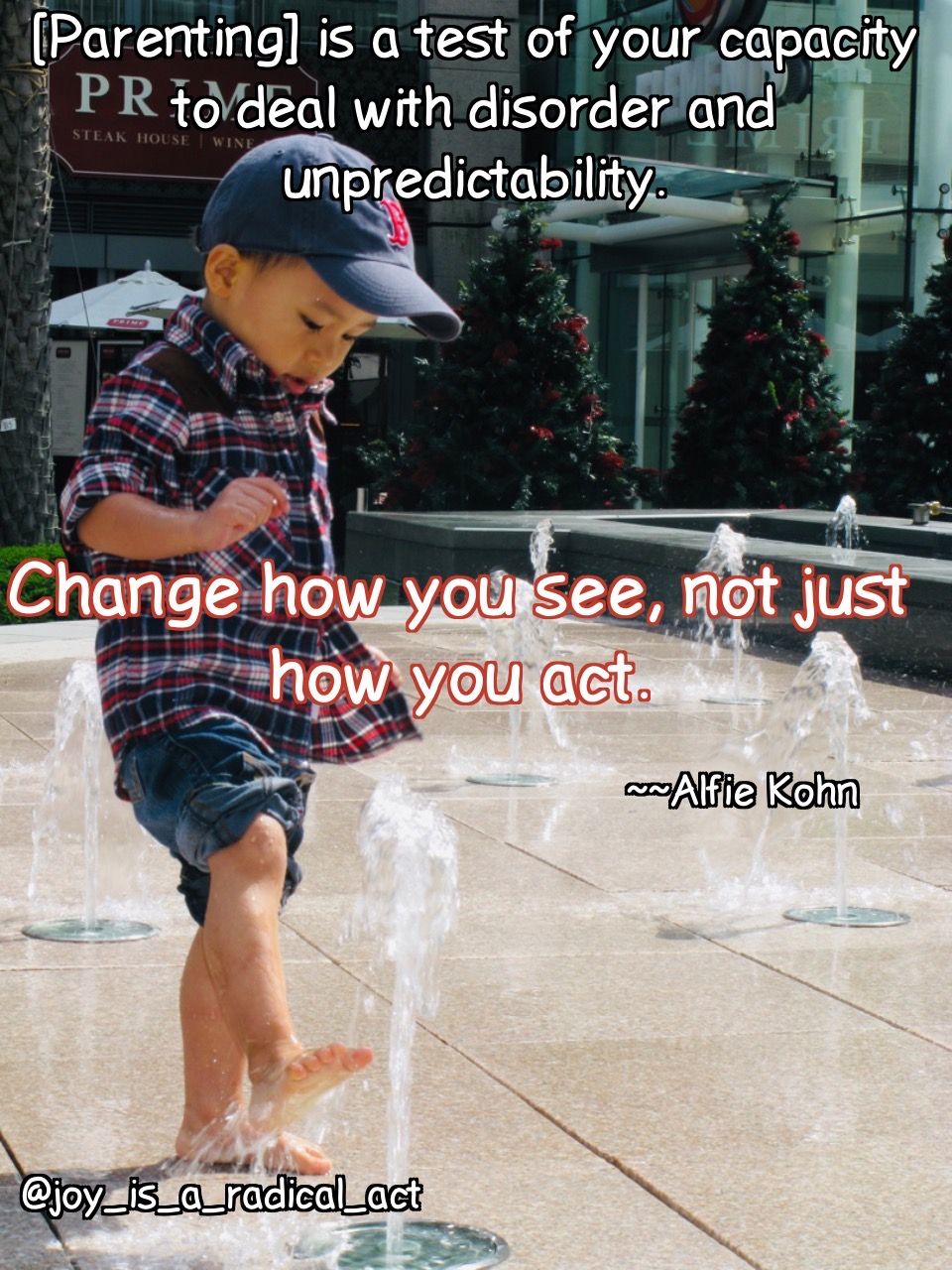"How Children Raise Me" Series - (2) Your reaction depends on what you see

(This "How My Children Raised Me" series is a series of articles about my upbringing as a mother and my journey of embracing self-directed learning and unschooling.)
Yesterday's article ( https://matters.news/@chanlam22/312734-how children nurture me-series-1-can you see-bafyreiemfe6se3on5te2o4w75dkd2a2grim6ka53aa2ilorg2bej6uvfxm ) mentioned my candid, exaggerated analogy that children take The "bad news" that came was like pouring feces on my head, and I only discovered the "magic" after N times of "humiliation". The spell of salvation lies in how I respond.
However, there is a very important truth here that I think must be sorted out: "How to respond" is actually a matter of the second level, and the formation of "rescue spells" is based on the foundation of the first level, that is, how we treat children and the "inconvenience" he brings. We always wish we "did" better (e.g. gentler, more patient, more considerate, etc.), or as if the goals of the various schools were very moving (what loving for today, learning for tomorrow, living for eternity …), but all this can only be a reaction emanating from an inner view of how people really see people and things. Just like the kid in the karate class, he squatted down to see his junior brother who hit his head for the first time. This action was based on his inner thoughts and feelings, and what kind of person he was.
One of the important dimensions of unconditional parenting that Alfie Kohn mentions in his book "Unconditional Parenting" is to change the "view" rather than just the "practice" (change how you see, not just how you act). He points out that this "view" includes how we view our children on a regular basis (whether we respect them as whole people), and when children do things we think are inappropriate, or when they don't behave as we expect In other words, when "trouble" happens, how do we make sense of what happened? the timing of affirming his character and worth).
I think it's unavoidable to be able to change your opinion sometimes with a "bucket of shit in your head" (see yesterday's post), but Alfie Kohn's advice is the point, saying that parents should always ask themselves this question:
Is what I say and do to my child now for my own needs, out of my own desires or fears, from my own upbringing, or for this living child in front of me (a complete "other") needs and benefits (I would add: understanding his needs and benefits is by observing and understanding him as a person)?
And ask yourself:
"Do you feel that you are truly loved if you say and do what you say to your children and what others do to you?" He emphasized that no matter how much you think you love your children, you are in your daily life. What you say and do to them in times of trouble (especially in times of trouble) is what really makes them feel unconditionally loved .
There is much more to be written about this process of "changing views" in the future. For the time being, it’s important to recognize that if you want to do better, or lay out a moving idea, the focus is on yourself at best, not on those real children and their real needs.
Like my work? Don't forget to support and clap, let me know that you are with me on the road of creation. Keep this enthusiasm together!

- Author
- More